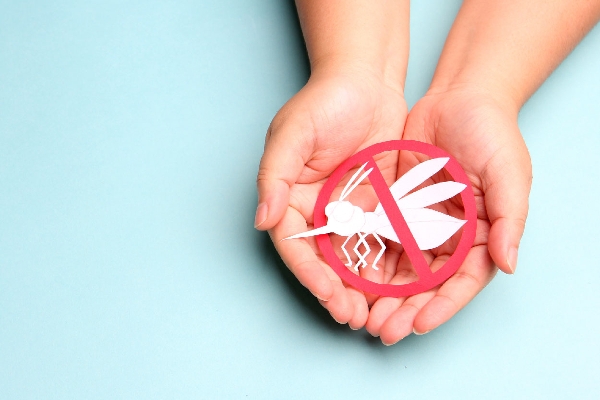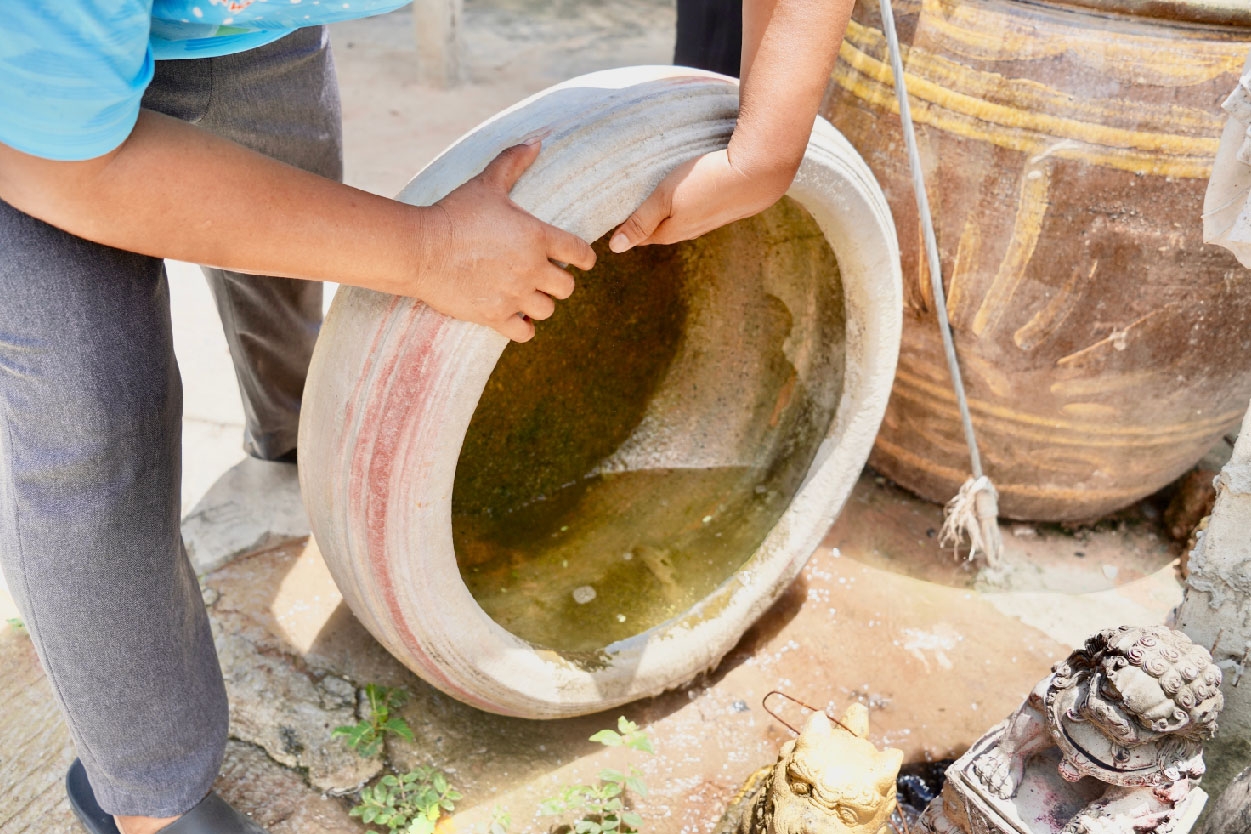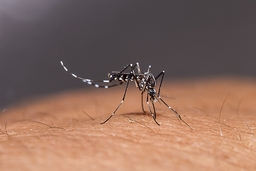Steps You Must Follow to Prevent Dengue

In 2022, Indonesia was ranked fourth in the world for the highest number of dengue fever cases. Every year, cases of dengue are classified as extraordinary incidents in several Indonesian regions.
Dengue is a disease spread by mosquito bites. Female mosquitos from the species Aedes aegypti and Aedes albopictus serve as vectors or carriers of dengue virus. Mosquitoes of both species live in tropical and subtropical climates.
What is the current spread of dengue fever cases?
The increasing number of dengue cases worldwide
Dengue fever cases have been on the rise all over the world in recent years. From 505,430 cases in 2000 to 2.4 million in 2010, with a projected increase to 4.1 million by 2022. This figure is expected to be much higher. Dengue cases with mild symptoms may go unreported or misdiagnosed as other febrile illnesses.
Out of 4,110,465 dengue cases reported worldwide in 2022, 4,099 people died. Brazil (2,363,490 cases), Vietnam (367,729), and the Philippines reported the most cases (220,705).
Prior to 1970, nine countries experienced dengue epidemics. The disease is now present in over 100 countries across Africa, the Americas, the Eastern Mediterranean, Southeast Asia, and the Western Pacific.
What about Indonesia?
The Indonesian Ministry of Health reported in early 2023 that the number of dengue cases had reached around 710, with six deaths. These cases were discovered temporarily in DKI Jakarta and East Nusa Tenggara.
According to the Indonesian Ministry of Health's Directorate of Prevention and Control of Infectious Diseases, the total number of dengue cases in 2022 will be 131,000, with 1,100 reported deaths. Children aged 0-14 years account for up to 40% of dengue cases. Bandung, Bandung, Bekasi, Depok, and Sumedang are the five regencies and cities with the highest number of dengue fever cases in 2022.
It's not surprising. In Indonesia, the average number of dengue cases per year over the last five years has been 121,000. Given this, the Indonesian Ministry of Health has set a target of zero dengue deaths by 2030.
Learn about dengue
The World Health Organization (WHO) divides dengue into two categories: severe dengue (with or without symptoms) and acute dengue.
Dengue, with or without symptoms, develops 4-10 days after being bitten by an infected mosquito. High fever (40°C) is accompanied by two other symptoms, including headache, pain behind the eyes, muscle and joint pain, nausea, vomiting, swollen glands, rash, and pain (muscle, joint, or bone pain). These symptoms last 2-7 days.
Acute dengue affects about one in every twenty people. Acute dengue fever begins with a drop in temperature (below 38°C). Abdominal pain, persistent vomiting (at least three times in 24 hours), rapid breathing, bleeding gums, nosebleeds, fatigue, anxiety, irritability, and blood from vomit or stools follow.
Adults have easily detectable symptoms. But what about infants?
Dengue symptoms in infants are difficult to identify because they are similar to other common health problems. If your baby has a fever or low temperature (less than 36°C) accompanied by drowsiness, lack of energy, fussiness, a rash, or vomiting (at least three times in 24 hours), take them to the doctor right away.
Prevent dengue with PSN 3M plus!
Dengue fever must be prevented because the consequences are fatal. The main key to preventing the spread of this disease is to eradicate mosquitoes.
Dengue fever is not spread directly. People who have dengue fever, on the other hand, can pass it on to mosquitos that bite them. Infected mosquitos will spread it to other people through bites.
Aedes aegypti breeds in natural containers such as tree holes. These mosquitoes adapt well to man-made containers such as buckets, mud pots, bathtubs, and old tires over time. Not surprisingly, this disease is common in densely populated urban areas, particularly when it rains!
The Indonesian Ministry of Health urges the public to implement PSN 3M Plus, which is the eradication of mosquito nests through 3M Plus. The 3M Plus is:
1. Menguras, or drain

Tubs, drums, buckets, and other water reservoirs should be cleaned and drained. To eliminate mosquito eggs, clean on a regular basis, especially during the rainy and transitional seasons.
2. Menutup, or close

Cover any still-in-use water reservoirs, such as bathtubs. Closing also entails burying used goods. The goal is to keep the environment clean in order to reduce the likelihood of mosquito nests.
3. Manfaatkan kembali, or reuse

3M's goal is to eliminate mosquito breeding and nesting sites. Plus is an additional prevention effort that can be made.
Avoid mosquito bites by using mosquito repellent (spray, apply, burn, or electric), wearing clothing that covers the body, and planting mosquito-repellent plants such as lavender or geranium.
Raising mosquito larva-eating fish, installing wire screens on windows and vents, using mosquito nets, and repairing clogged channels and gutters are all ways to avoid mosquitoes. Do not hang or stack clothes. Clothes should be stored in closed containers.
Maintain the health of your body's immune system. Take vitamin C. This vitamin aids in endurance. The recommended daily intake for vitamin C is 75 mg for women and 90 mg for men. Vitamin C is found in vegetables and fruits, as well as supplements.
In addition to the PSN 3M Plus program, people who have been infected with the dengue virus can be vaccinated.
Dengue fever cases are on the rise all over the world, including in Indonesia. A pound of cure is worth an ounce of prevention. Take the necessary precautions to maintain your health.



